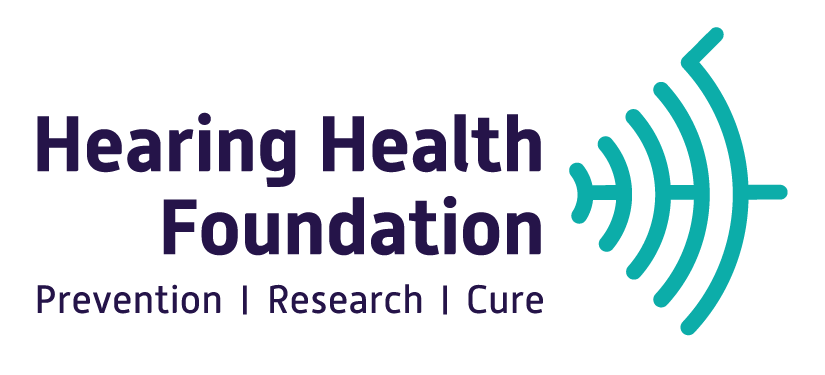Joseph H. Bochner, Ph.D.
Meet the Researcher
Bochner studied language and audition at the University of Wisconsin, from where he received his doctorate. He is a professor and department chair at the National Technical Institute for the Deaf at the Rochester Institute of Technology. Bochner’s 2017 Emerging Research Grant is generously funded by Royal Arch Research Assistance.
I’ve worked with young adults who have hearing loss since 1974, when I started my career at the National Technical Institute for the Deaf (NTID). I’ve observed how hearing loss occurring before child acquires language (being prelingually deaf) affects later development of language and literacy skills—even when they receive amplification devices at an early age. These effects occur because of the interaction between auditory experience and neurocognitive development.
My research will look at the role prelingual hearing loss has on the development of auditory “categories.” I will examine how individuals who are prelingually deaf and who hear with cochlear implants categorize speech sounds. This will improve our understanding of speech perception and how auditory deprivation affects central auditory processing.
Ultimately, the research may point to interventions such as auditory training to improve the development of language and literacy in individuals with hearing loss, as well as provide insights into the relationship between early auditory experience and central auditory processing.
Growing up, I had an aptitude for math but became interested in the study of literature. I particularly enjoyed classical Greek plays, Shakespeare, and modern poetry. This interest evolved into the study of language and linguistics when I was an undergraduate and, as a graduate student, applied linguistics. Linguistics is a discipline-based to some extent on theories of language. In contrast, applied linguistics involves the application of linguistics to language teaching and learning, among other things.
Eventually, I began exploring language and deafness, as well as the more broadly defined language sciences. My background in applied linguistics, specifically English as a second language, was integral for teaching English to young adults with hearing loss.
I enjoy my downtime doing family activities and watching sports. I used to play a lot of basketball and some baseball. Now I really enjoy following football, baseball, basketball (especially the NCAA), and ice hockey.
Successful collaboration with colleagues is something I value a great deal. While working on a recent paper about adult learners of American Sign Language, a colleague showed me how statistical analysis could be used to interpret and confirm our data. It was a nice way to obtain objective evidence and generate deeper insights.
Joseph H. Bochner, Ph.D., is a Royal Arch Research Assistance award recipient. Hearing Health Foundation thanks the Royal Arch Masons for their ongoing commitment to research in the area of central auditory processing disorder.
Click to download a PDF of Dr. Bochner's Meet the Researcher profile.
The Research
Rochester Institute of Technology
Auditory experience, critical periods, and the development of categorical perception in cochlear implant users: a preliminary investigation
My project will investigate the role of age on the success of cochlear implantation and auditory experience on the development of perceptual (phoneme) categories in prelingually deaf cochlear implant users. The research will demonstrate the degree to which these cochlear implant users can categorize speech sounds, which will improve our understanding of speech perception and the effects of early auditory deprivation on the overall success of cochlear implantation.
Long-term goal: To understand the impact of sensorineural (peripheral) hearing loss may extend to central auditory processing when the onset of hearing loss occurs at birth or within the first two to three years of life. This project will study the nature and extent of this impact on the development of categorical speech perceptions in prelingually deaf cochlear implant users. Findings from our research will inform the delivery and development of auditory training programs within the context of pediatric audiology and auditory rehabilitation, as well as the provision of amplification devices to young children.



